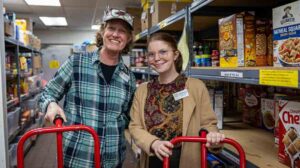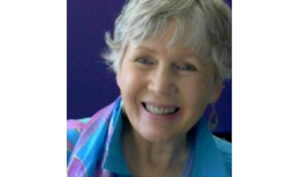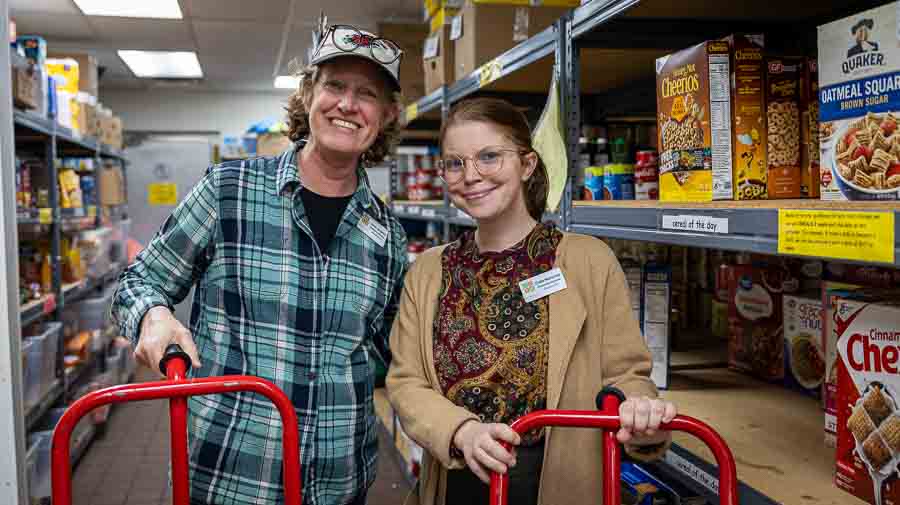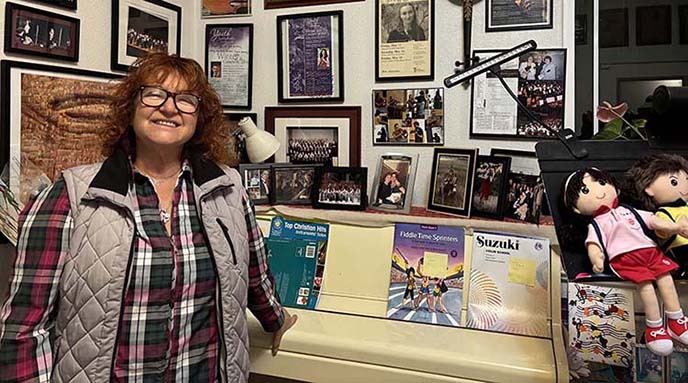Experts at Sept. 2 talk to explain how teen brain development impacts despair, homelessness and substance abuse
By Marilyn Hawkins, American Association of University Women

ORIGINAL POST
Teenagers can face a wide array of challenges, temptations and stresses before their brains are fully developed. And, as parents can attest, that lack of maturation might lead to troubling situations and behaviors.
“The Teenage Brain: Impacts on Despair, Homelessness & Substance Abuse” is a free public program that will be presented from 4 to 5:30 p.m. Tuesday, Sept. 2, in the Gresham Room at the Ashland Public Library, 410 Siskiyou Blvd. Part of the Ashland library’s “Big Ideas” series, the event is presented by the American Association of University Women, Ashland Public Library, and Jackson County Library Services.
The speakers are Mary Ferrell, founder and executive director of Maslow Project, and Lacey Corbett, a licensed private-practice therapist and clinical supervisor with Maslow. They will discuss how social context and the stressors of homelessness can affect the emotional and physical health of teenagers. The discussion will address brain development and the role of executive functioning, Gen Z extended adolescence and building on existing strengths.
Success working with families
Ferrell graduated from Southern Oregon University and began working with homeless children and families through the Medford School District in 2000. After several years, she saw the need for a youth-centric, one-stop resource center where kids and families could quickly and easily access essential needs and support services all in one location. She founded Maslow Project as a grassroots effort in 2006.
‘Big Ideas’ programs
Oct. 7: ‘Oh, for Pets Sake! Our Animal Welfare Crisis.’
Nov. 3: ‘Rebuilding the Oregon Shakespeare Festival, Part 2.’
For more information, click here.
Maslow earned 501(c)(3) nonprofit status in 2009. Ferrell has initiated and developed programs, including housing, outreach initiatives and school-based programs that achieve an average of over 90% on-time graduate rates year after year.
Experienced therapist
Corbett has 14 years of experience using mindfulness-based and art therapy practices — along with traditional counseling services — for individuals ages 11 and up. Her experience includes providing therapy services to youths and families at Maslow Project (those experiencing houselessness), Lotus Rising Project (LGBTQ+), and Family Solutions (local high schools).
In addition to operating a private practice, Corbett provides clinical supervision for Maslow Project case managers and brings a deep understanding of the unique challenges youths and families face in Southern Oregon. Other specialty areas are ADHD, trauma, grief and loss, anxiety and depression. She obtained a bachelor’s degree at Southern Oregon University and a master’s from Naropa University in Boulder, Colorado.
Reach Marilyn Hawkins at [email protected].
UPDATE: Wednesday, Aug. 27
The “Big Ideas” program for Tuesday, Sept. 2, has had a change of presenters.
Cheyenne Nichols, director of education and community health at the Maslow Project, will step in for Mary Ferrell, executive director, according to a Monday, Aug. 25, press release from Jackson County Library Services.
With 15 years of experience working with at-risk populations, Nichols oversees the school-based program and community health work in Jackson and Josephine counties for the Maslow Project. Nichols is an Ashland native.
— Steve Mitchell
Email Ashland.news associate editor Steve Mitchell at [email protected].
Aug. 27: Corrected date of “Rebuilding the Oregon Shakespeare Festival, Part 2.” The program is on Nov. 3, not Nov. 4.





















